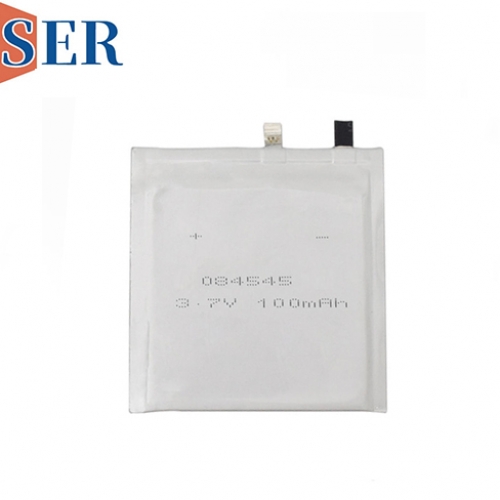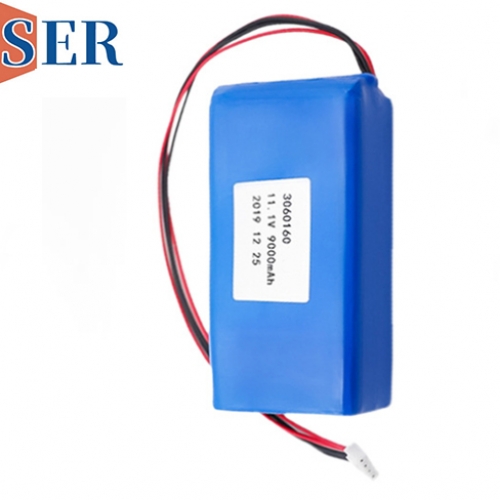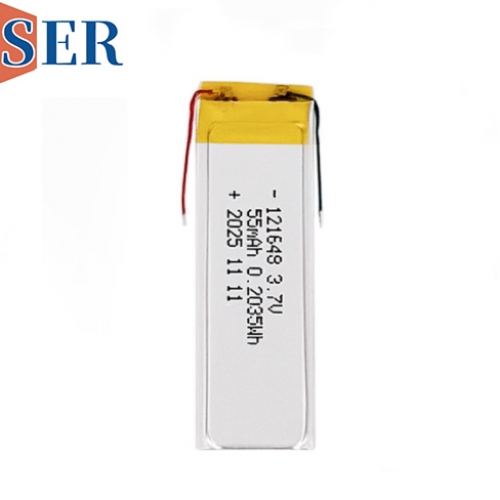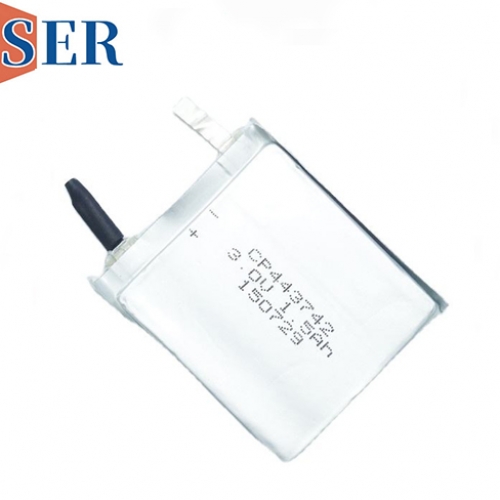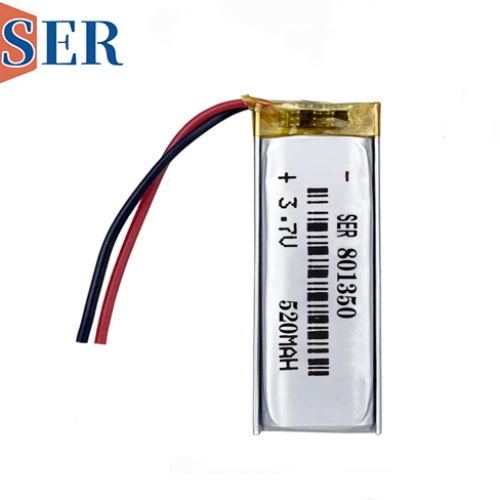High-Temperature battery 3.6V ER18505S LiSOCl₂ Battery in High-Temperature Sterilization Cabinets and Oil Drilling
High-Temperature battery 3.6V ER18505S LiSOCl₂ Battery in High-Temperature Sterilization Cabinets and Oil Drilling
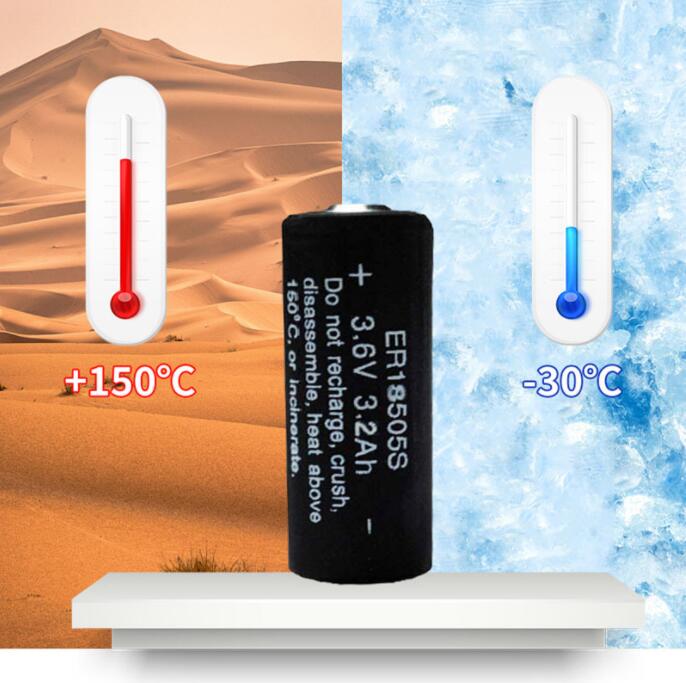
In the realm of advanced battery technologies, the development of primary batteries capable of withstanding extreme temperatures and delivering reliable power has been a cornerstone of progress in industries ranging from healthcare to energy exploration. Among these, the 3.6V High-Temperature Lithium Thionyl Chloride (LiSOCl₂) battery, specifically the ER18505S model, stands out as a testament to engineering ingenuity, offering an unparalleled combination of high working voltage, substantial capacity, stable current output, and an impressive operational temperature range spanning from -30°C to an astonishing 150°C. This article delves into the intricacies of this remarkable battery technology, exploring its unique characteristics, underlying chemistry, and the pivotal role it plays in high-temperature applications such as sterilization cabinets and oil drilling operations.
Introduction to High-Temperature Batteries
Batteries designed for use in extreme temperature conditions represent a niche yet crucial segment of the battery market. While conventional batteries often struggle to maintain performance beyond their specified temperature ranges, high-temperature batteries are engineered to thrive in environments that would render most other power sources ineffective. These batteries find applications in diverse fields where temperature extremes are the norm, including aerospace, military equipment, downhole drilling, and, increasingly, medical sterilization processes.
Understanding LiSOCl₂ Battery Technology
Lithium Thionyl Chloride (LiSOCl₂) batteries belong to the family of primary lithium batteries, characterized by their non-rechargeable nature and their use of lithium metal as the anode. These batteries are renowned for their high energy density, long shelf life, and the ability to operate at temperatures far exceeding those of traditional alkaline or nickel-cadmium batteries.
The key to the LiSOCl₂ battery's exceptional performance lies in its electrochemical reactions. During discharge, lithium metal reacts with thionyl chloride (SOCl₂), generating a high voltage of approximately 3.6V and releasing a significant amount of energy. This reaction is highly efficient, allowing the battery to maintain a stable voltage throughout its discharge cycle, making it ideal for applications requiring consistent power output.
ER18505S: A High-Performance High-Temperature Variant
The ER18505S is a specific model of the LiSOCl₂ battery series, designed to meet the demanding requirements of high-temperature applications. With dimensions tailored for efficient space utilization and a robust construction capable of withstanding temperatures up to 150°C, the ER18505S is a versatile solution for a wide range of industrial and medical uses.
Key Features and Advantages
High Working Voltage: The 3.6V nominal voltage of the ER18505S LiSOCl₂ battery surpasses that of many other primary battery types, enabling the use of fewer cells to achieve the same power output, reducing overall system complexity and weight.
High Capacity: These batteries offer substantial energy storage capacity, allowing for extended operation times between replacements or recharging (though, as primary batteries, they are not rechargeable).
Stable Working Current: The ER18505S maintains a stable discharge current throughout its lifetime, minimizing fluctuations in power output that can affect sensitive equipment.
Broad Operating Temperature Range: The ability to function reliably within a temperature range of -30°C to 150°C sets the ER18505S apart, making it the ideal choice for environments that experience extreme heat or cold.
Long Shelf Life: When stored at recommended conditions, LiSOCl₂ batteries can retain their charge for years, ensuring readiness for use even after prolonged periods of inactivity.
Safety and Durability: The robust design and inherent chemical stability of LiSOCl₂ batteries minimize the risk of leakage, corrosion, or explosion, even under demanding conditions.
Applications in High-Temperature Sterilization Cabinets
In the healthcare industry, high-temperature sterilization cabinets play a vital role in ensuring the safety of medical instruments and devices. These cabinets employ a combination of high heat and steam or dry heat to eliminate harmful microorganisms, requiring reliable power sources to operate their heaters, fans, and control systems.
The ER18505S LiSOCl₂ battery is an ideal choice for powering critical components within these cabinets due to its ability to withstand the extreme temperatures generated during the sterilization process.

